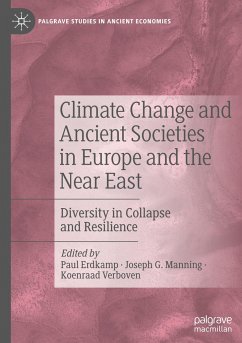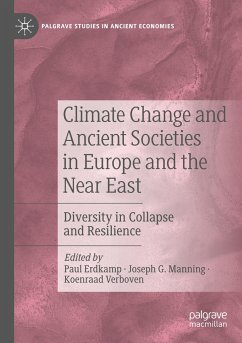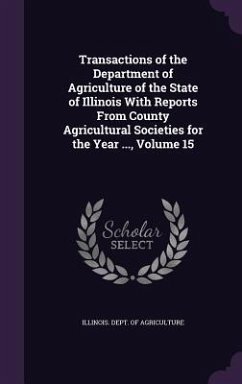
Economic Systems of Foraging, Agricultural, and Industrial Societies
Versandkostenfrei!
Versandfertig in 1-2 Wochen
142,99 €
inkl. MwSt.
Weitere Ausgaben:

PAYBACK Punkte
71 °P sammeln!
Drawing from economics, anthropology, statistics, and history to examine large samples of foraging (hunting, gathering and fishing), agricultural and industrial societies, Frederic L. Pryor isolates their economic systems. He explores why certain societies or nations have one system rather than another, examines the impact of these economic systems on the societies' welfare and studies their development and changes. The book presents a broad framework for understanding economic systems and provides considerable evidence on both preindustrial and industrial systems.














